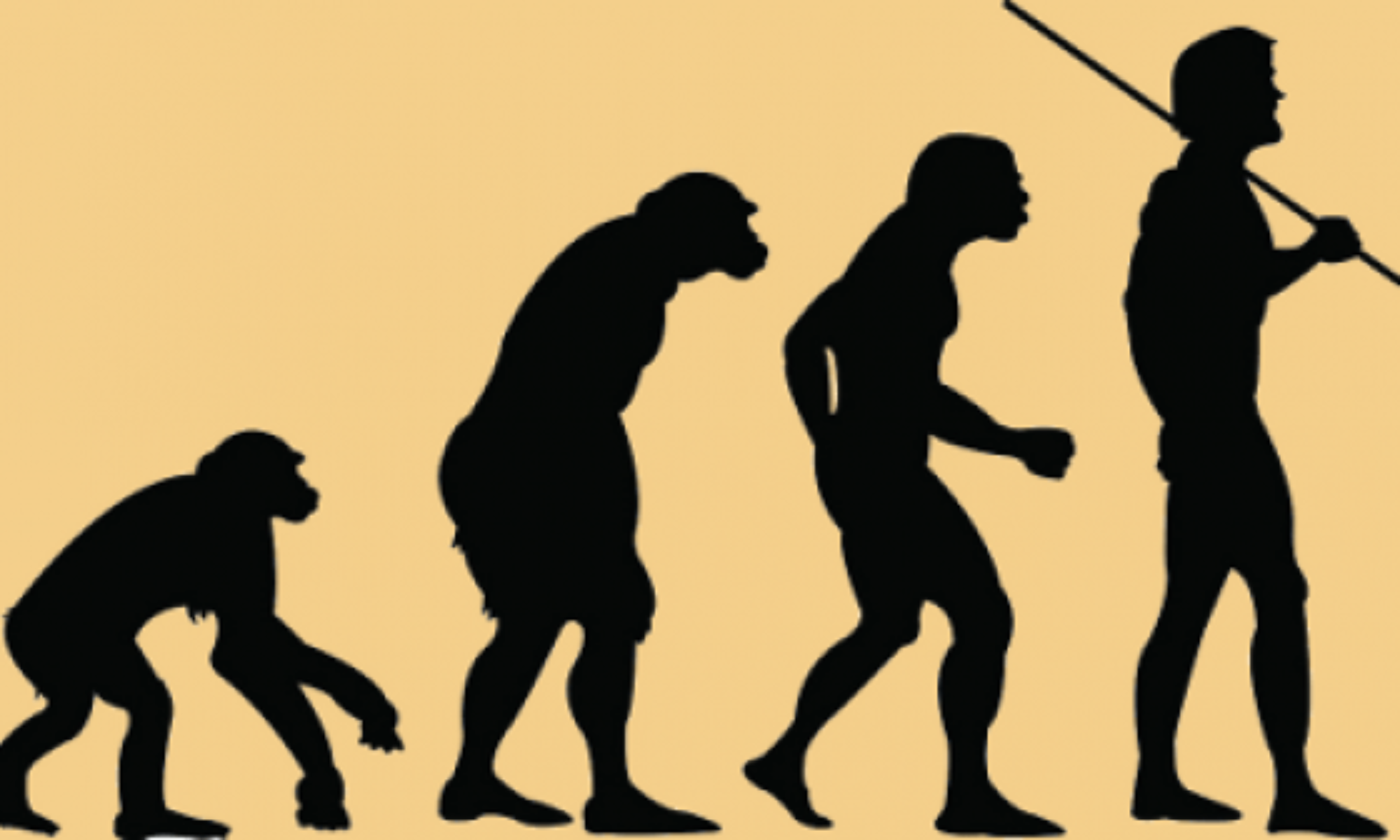Chapter 10: Are We Still Evolving? A Tale of Genes, Altitude, and Earwax
Like the chapter title hints at, this chapter is all about why we are definitely still evolving. She reminds us that humans undergo evolution just as much as any other species (possibly even more because there are so many of us in such different environments) and the idea that we are no longer evolving or have reached the pinnacle of evolution is ludicrous. Evolution has no goal and there is no stopping point for evolution. Our environments are always changing and there are always new diseases that are out to kill us (Coronavirus!).
The first example she uses is the from a study done by Emmanuel Milot who reviewed church records of women married between 1799 and 1940 on an island north of Quebec City. He noticed that the first age of reproduction of these women decreased from 26 to 22. He also noticed that the average number of children went from 3 to 4 meaning that women were starting to have more children as their window of fertility was growing.
Another example she used was people living in high altitudes such as Tibet and the Andes and how they have evolved to combat altitude sickness. The normal human response to low oxygen levels is to increase hemoglobin levels, but in the population studied in Tibet these people had normal hemoglobin levels and instead slightly increased their natural breathing rates. A group of researchers isolated a gene, HIF-alpha (hypoxia-inducible factor alpha) that was responsible for lower levels of hemoglobin in the blood of Tibetans, which helped reduce the increased number of RBCs, which cause altitude sickness. This is evidence of another amazing evolutionary event for humans, which if predicted correctly by geneticists could have only happened in the past 3,000 years.
Overall, Zuk finishes her book with the idea that we should “relinquish our paleofantasies.” What she means by this is that we need to stop fantasizing the past, hunter-gatherer lifestyle, and realize that we have changed a lot since then. We aren’t completely suited to our new environment, but also no species has ever been or ever will be perfectly suited to their environment. There is no optimal human way of life and we need to appreciate the differences between us to continue learning about our evolving genomes, which will help us appreciate living in the moment.
